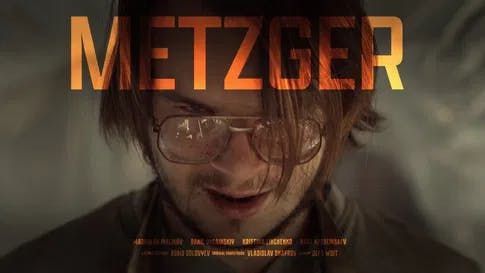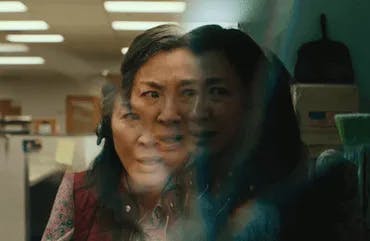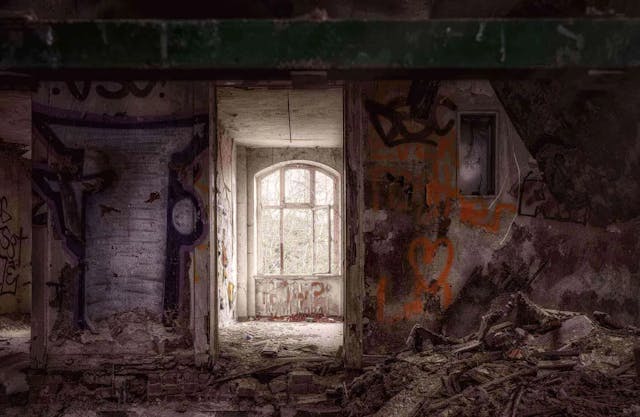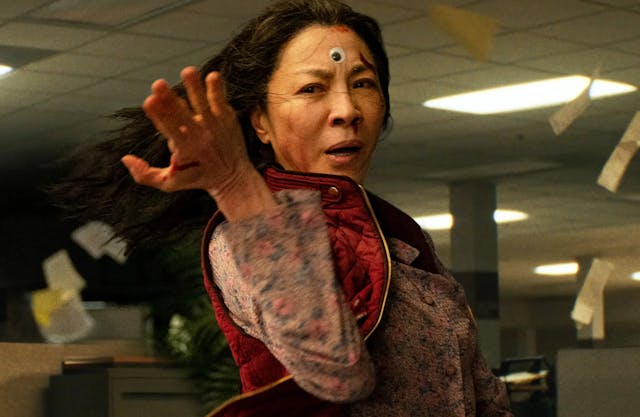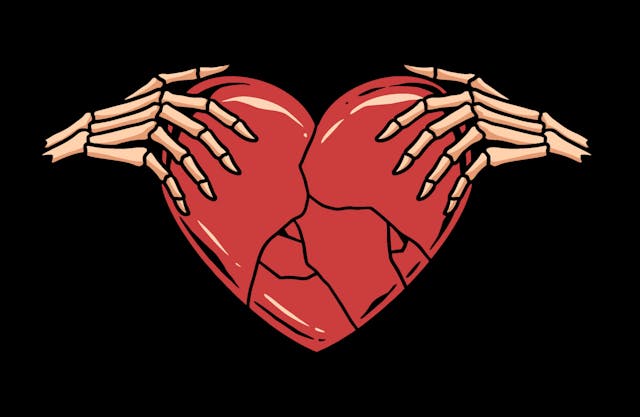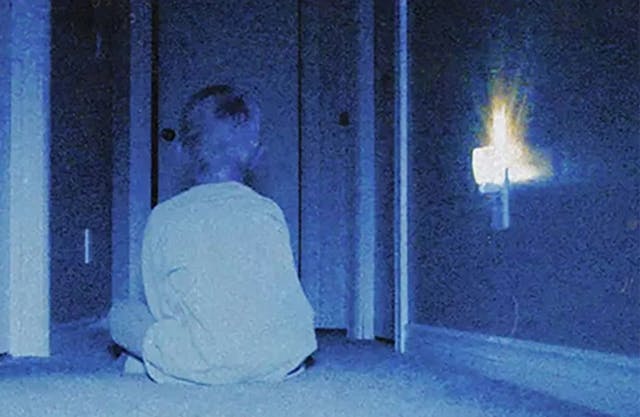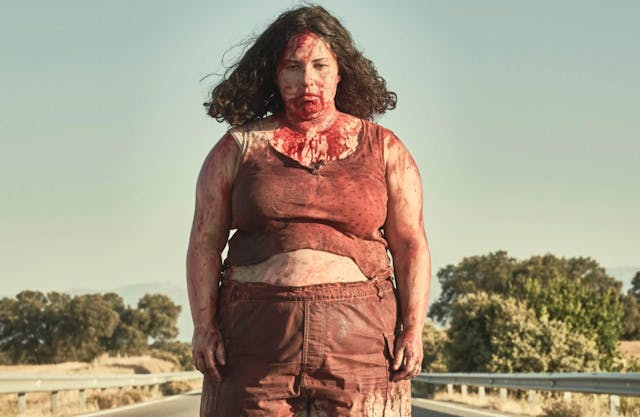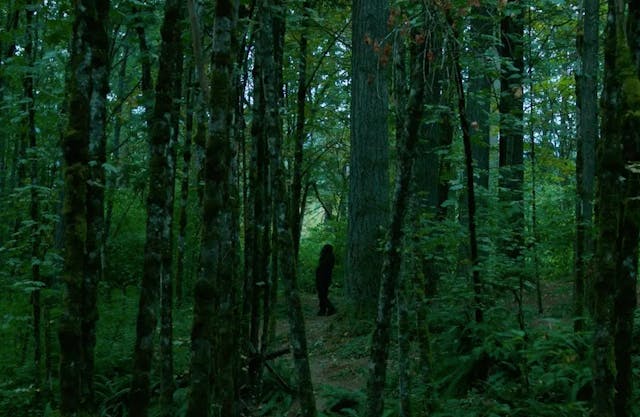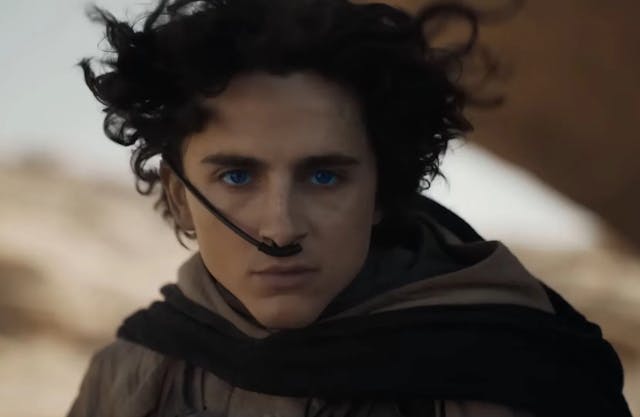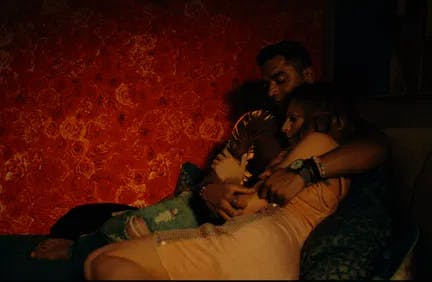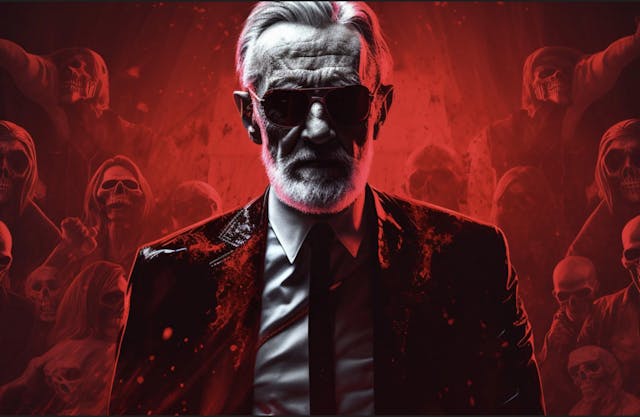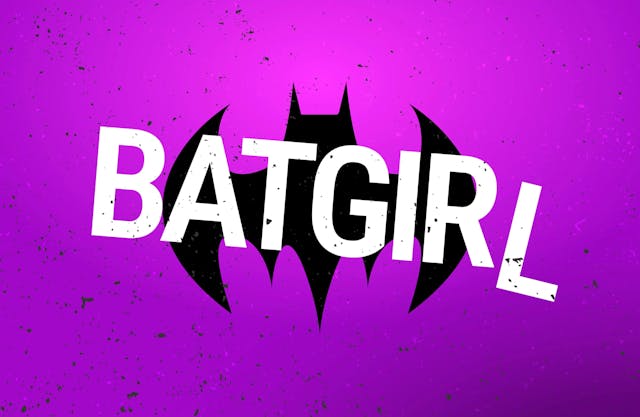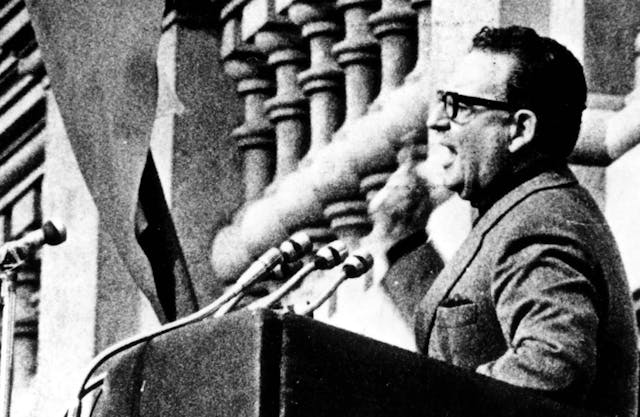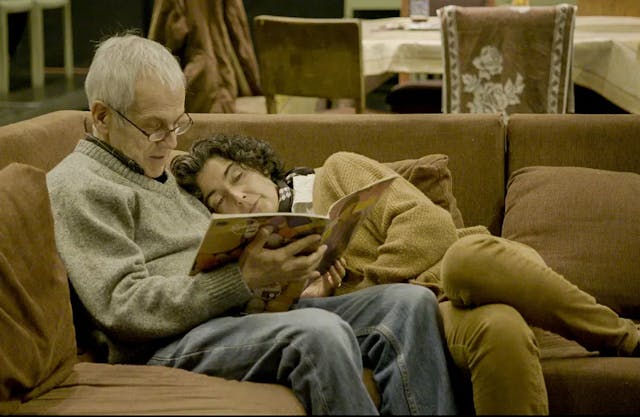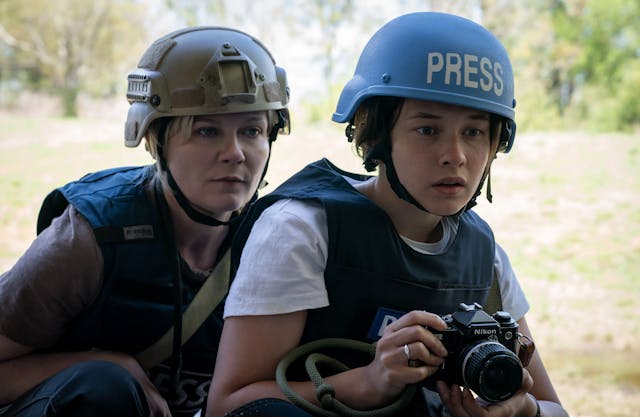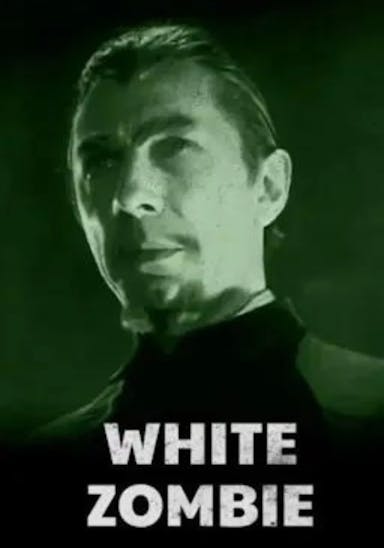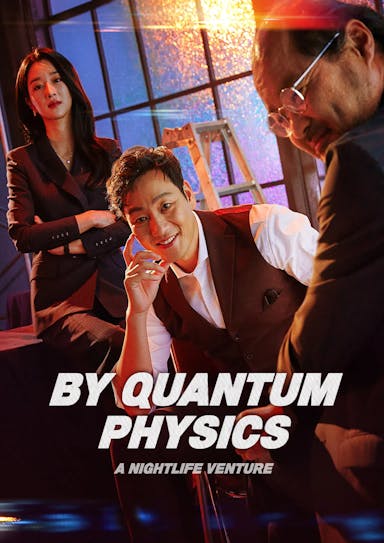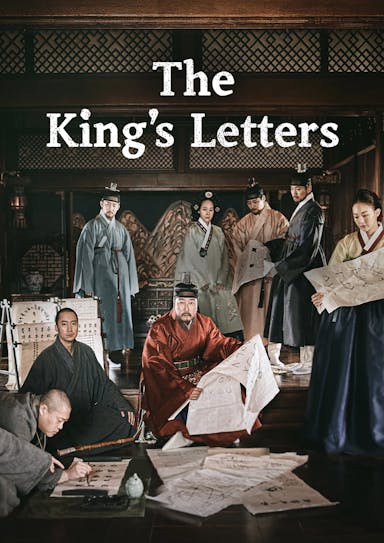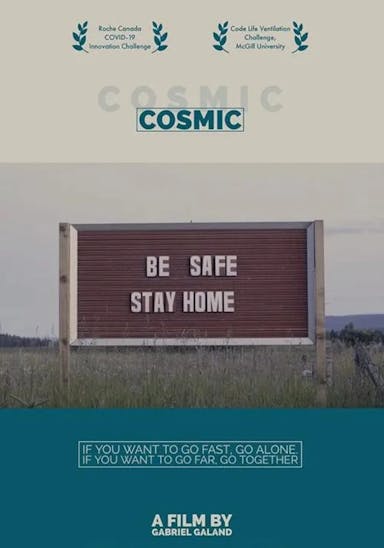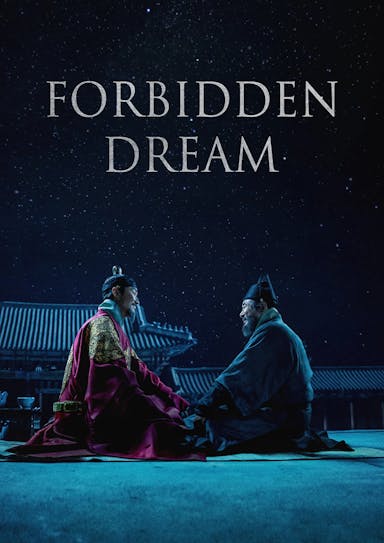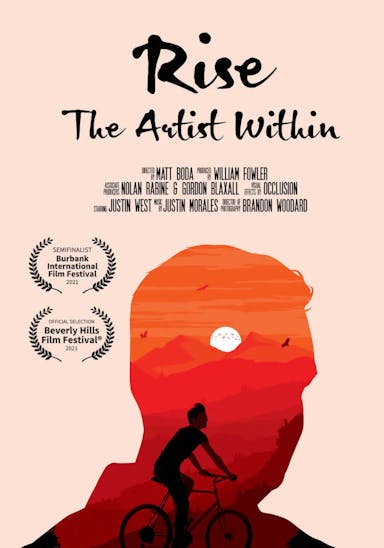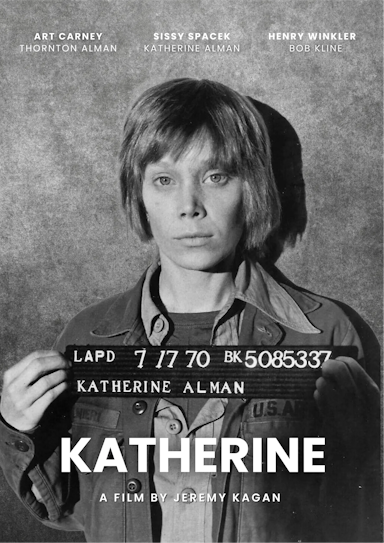"Civil War": Alex Garland Stages Carnage in a Shadow USA
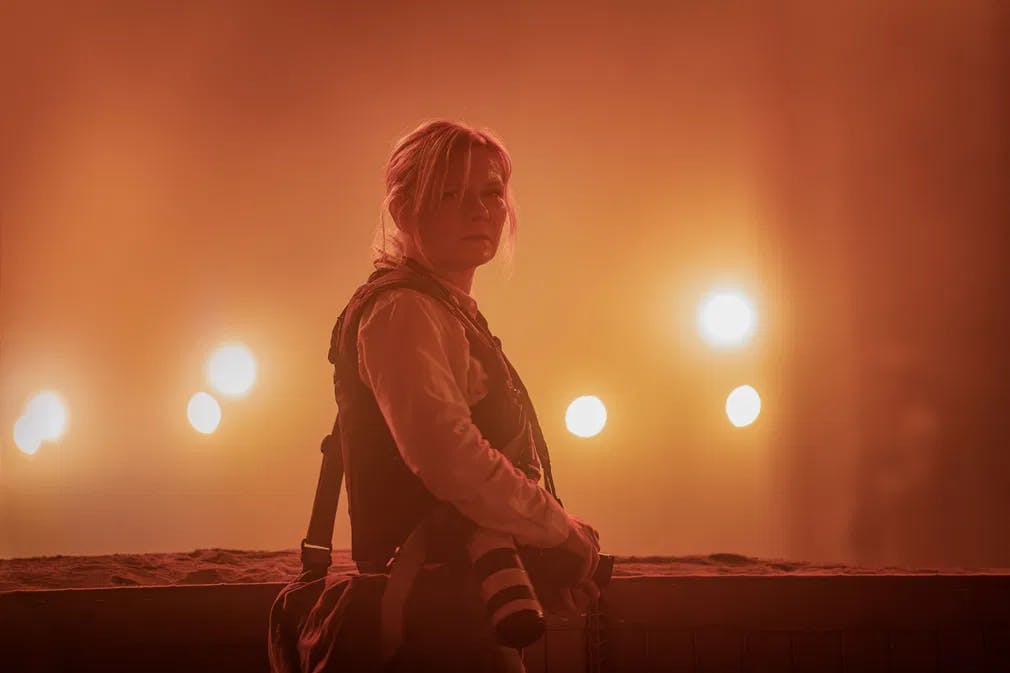
Depressed Press: "Civil War" is hell for photojournalist Kirsten Dunst. / Photo courtesy of A24.
You can’t fault indie film distributor A24 for the promotional campaign supporting the release of Alex Garland’s latest directorial effort. After all, their goal is to put butts on the seats and eyes on the screens. If you look at the ads and trailers for “Civil War,” you’d be excused for expecting an epic bellicose disaster movie using the contemporary USA as a theater of operations. It looks provocative and morbidly interesting. Check out the poster, showing soldiers stationed on the Statue of Liberty’s torch as a watchtower. From “Planet of the Apes” (Franklin J. Schaffer, 1968) to “Cloverfield” (Matt Reeves, 2008), the landmark is easily tuned into the symbol of a world gone awry. The defacement awakes our dark, secret thrill at watching the world burn, but only as an exercise in make-believe.
The thing is, “Civil War” is not a disaster movie, nor an action fest. The big surprise here is that Garland is nostalgic for the heyday of the “journalists at war” dramas, the genre that enjoyed a brief golden age in the early eighties. It was a rather crowded field, with titles like “The Year of Living Dangerously” (Peter Weir, 1982), “Under Fire” (Roger Spottiswoode, 1983), “The Killing Fields” (Roland Joffé, 1984), and “Salvador” (Oliver Stone, 1986) garnering good reviews and awards.
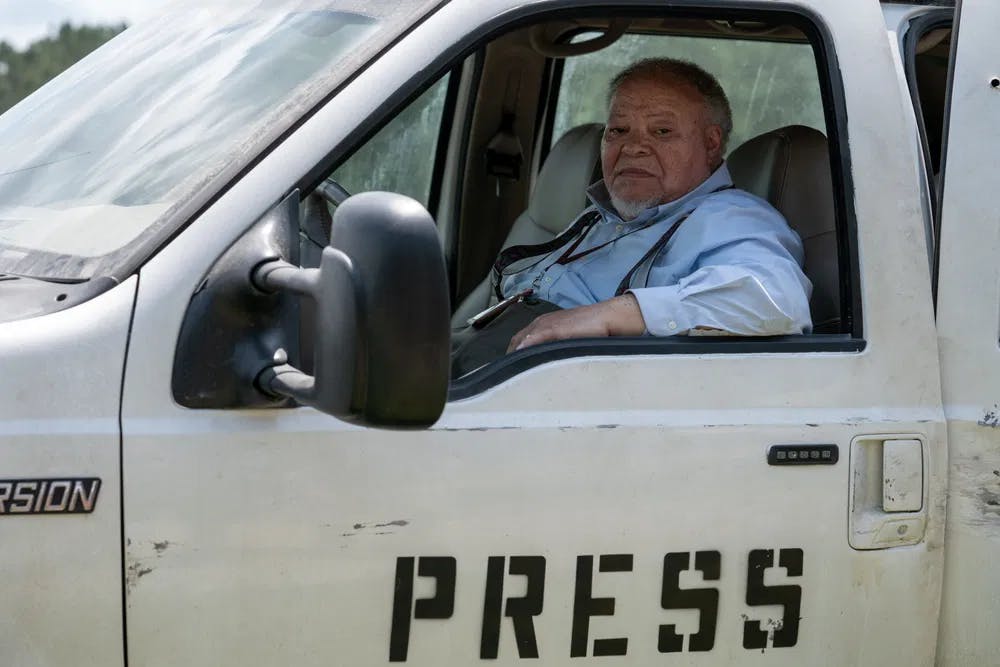
Respect your elders: the always great Stephen McKinley Henderson oversees the whippersnappers in "Civil War." / Photo courtesy of A24.
The characters roaming the land bearing witness to the “Civil War” could have come out of those movies. They are a thoroughly decent lot. Lee (Kirsten Dunst) is a veteran photojournalist, already burned out by the job before seeing her home turf turned into a combat zone. Joel (Wagner Moura) is her gung-ho comrade in coverage. Together, they plan to infiltrate Washington, DC, to interview the President (Nick Offerman) before a rebel alliance formed by Texas and California deposes him. Along for the ride, they bring Sammy (Steven McKinley Henderson), a veteran New York Times newsman, and Jessie (Cailee Spaeny), a wet-behind-the-ears photographer who idolizes Lee.
Yes, there is an alliance between Texas and California. The nation's reddest and bluest states are fighting together, side by side, against…well, something. Garland, who also pens the screenplay, leaves the parameters of the conflict obscure. We grasp at straws, trying to find clues in the dialogue. At one point, the journalists speculate about the questions they will pose to the besieged politician; one spouts whether he regrets holding on to the presidency for a third term. You don’t have to follow politics to know the 22 Amendment to the Constitution wisely limited the number of terms to two. We perk up at the idea. Former president Donald Trump has stated that he would not seek a third term if he wins the 2024 elections - that is, not pursue a constitutional reform aided by the conservative majority he installed in the Supreme Court. Do you believe him? Is Offerman a stand-in for the 45th President of the United States?
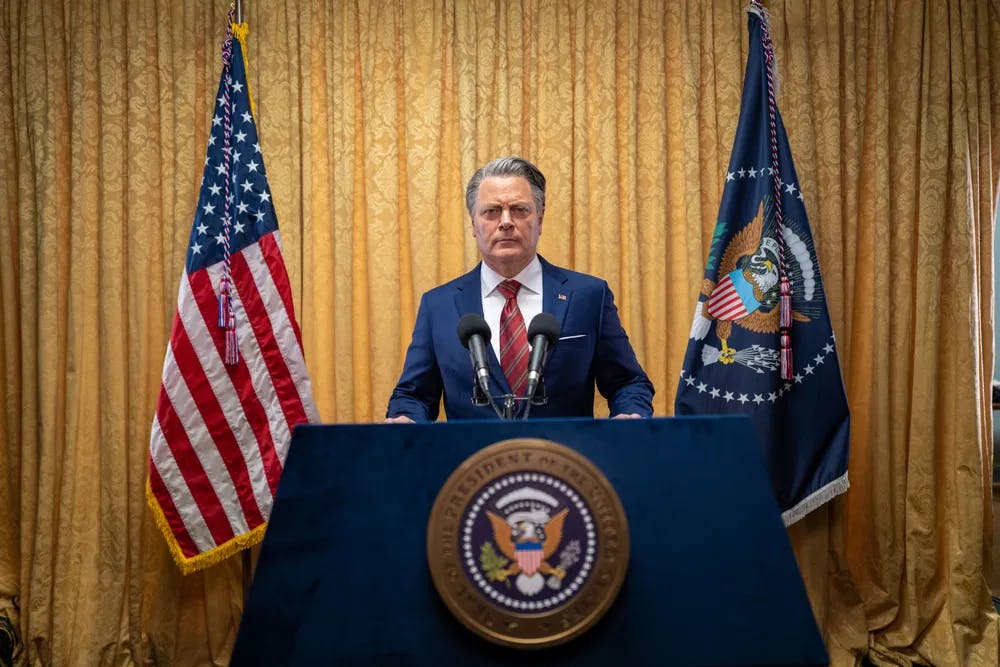
Conniver in Chief: Nick Offerman is the President of a divided USA in Alex garland's "Civil War." / Photo courtesy of A24.
It's hard to say and useless to ponder - Offerman barely appears in what amounts to a cameo. There is no point in connecting “Civil War” with something resembling reality. Garland consciously purges any ideological ballast of his movie. This decision aligns him with the character’s ethos: they don’t serve politics; they just want the facts and register history as it happens. The movie is a throwback to a time before partisanship polluted the news ecosystem if it ever were that pure, to begin with. It also places the movie decidedly in the territory of fable. It’s a canny maneuver that protects the film against the toxic partisanship of our times. It makes business sense not to alienate any segment of the public. It's a "Civil War" movie that everybody can enjoy! Trumpers and Dark Brandon acolytes, buy your tickets!
However, many dangers besiege the safest road. Garland, a British citizen, wants to have his cake and eat it too. He releases this movie during an electoral year to exploit the fervor. Once he's got our attention, he has nothing to say about the moment we live in except the most predictable platitudes. War is hell. There is no glory in killing your brothers and sisters. Why can’t we all get along?
Would it be better if a subject of his majesty King Charles would have got into the nitty-gritty of this former colony? Probably not, but Garland miscalculates even the flimsy parameter by which he invokes the real world. The little politics in the movie are distracting in their vagueness. Perhaps the allegory would have been better served by going further into the realm of fantasy. In its best moments, “Civil War” recalls “28 Days Later” (Danny Boyle, 2002), the epochal zombie movie that Garland wrote, planting an anti-war parable among the dead body parts.
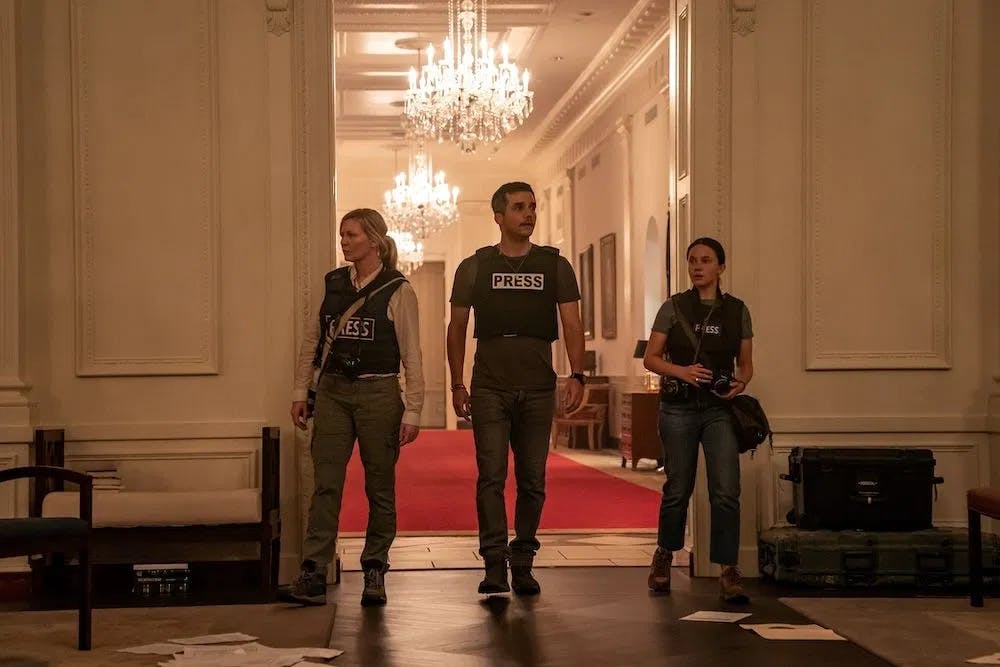
White House Blitz: Dunst, Moura, and Spaney scan the decimated halls of power in "Civil War." / Photo courtesy of A24.
The combat scenes are pulse-pounding - even if the filmmaker's comparisons with "Come and See" (Elem Klimov, 1985) are risible. Garland's film does not hold a candle to that anti-war classic. When the movie reaches the nation’s capital, there is undeniable discomfort in watching the iconic centers of democracy turn into a battleground. Until then, we realize that the creative choice of staging most of the movie in the most generic places up to that point serves the narrative. Once the war decimated the America you live in, it goes for the symbols you treasure. Or does it? Are they saving democracy or putting it out of its misery?
Who knows? Who cares? Not “Civil War.” The movie surprises as its true nature reveals itself. As the four brave journalists make their way across a still recognizable wasteland, little by little, we realize that this is “All About Eve” (Joseph L. Mankiewicz, 1950), with warfare and Leicas, without bon mots. Dunst is Bette Davis, and Spaney is Anne Baxter. The veteran star takes a plucky rookie under her wing just to see how she tries to take her place. Fortunately, Dunst is solid in a role that would have turned out dour and one-note in the hands of a lesser talent. Lee is a recognizably human pit of despair, of a piece with her depressed bride in “Melancholia” (Lars von Trier, 2011). The detachment she developed to survive and thrive in her profession has disconnected her from humanity. Her state of being is a tragedy, but this is precisely the dark skill she must endow on her young charge. Spaney is appropriately annoying, as only the young ones elbowing their way into the adult world can be.
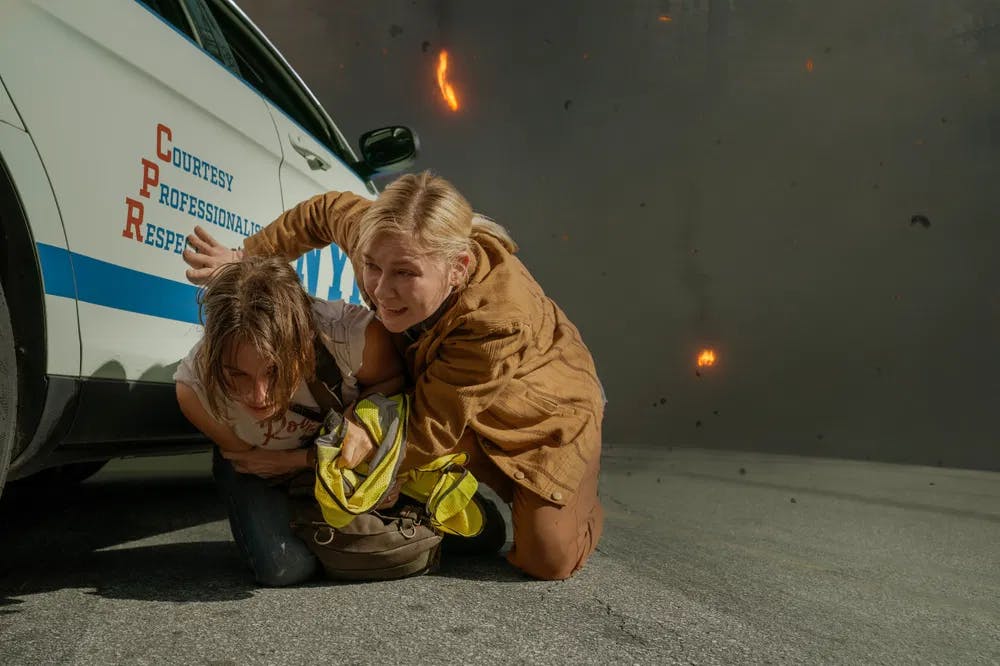
All about Elle: Dunst protects up-and-coming colleague Spaney as they take pictures of "Civil War." / Photo courtesy of A24.
The relationship between the two women is the saving grace of the movie. It should not surprise us. All his output as a director has contemplated women under pressure, fighting for their survival in a hostile world. Lee is of a piece with the automatons in “Ex Machina” (2014), the beleaguered scientists in “Annihilation” (2018), the crafty programmer in the TV series “Devs” (2020), and the cosmically harassed widow in “Men” (2022). Surprisingly, Garland has used the "Civil War" promo tour to announce his retirement from directing. If that is true, he is going out on a conflicted note, true to his preoccupations. In my book, he gets points for nailing the personality types. After years of working with journalists, I can tell you they are dead on. It's good to have something firm to hold on to in "Civil War."
Want to get an email when we publish new content?
Subscribe today